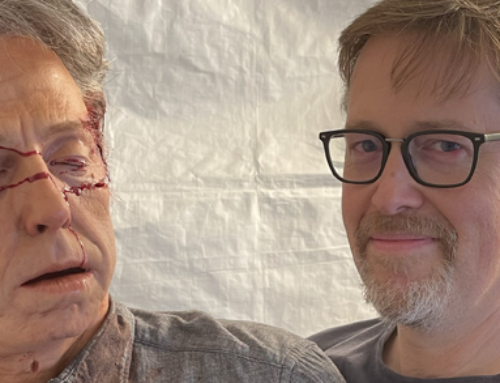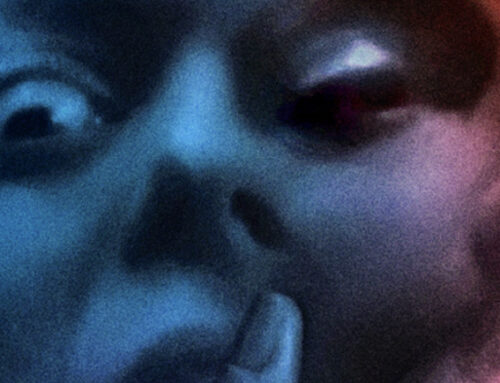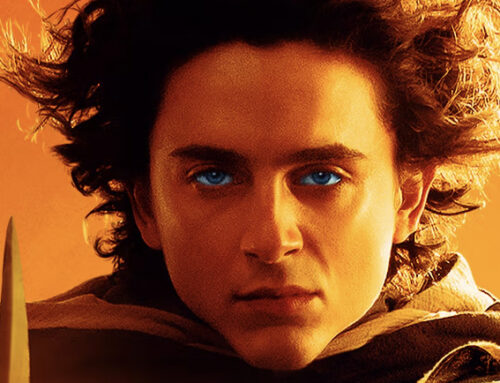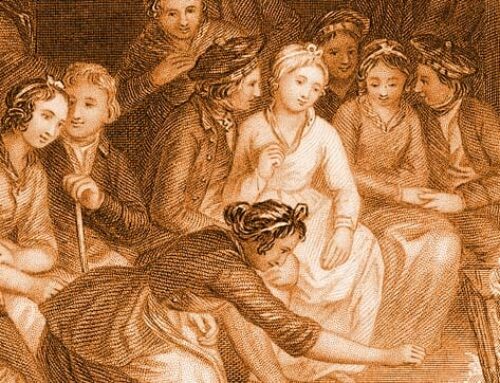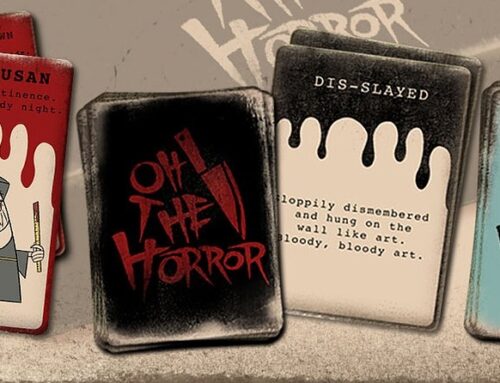At a small New York theatre, an aging magician comes up with a devilish plan to save his piece of old New York by invoking some real black magic.
Told in chapters, Black Magic for White Boys is a safari through that concrete jungle known as New York where along the way we meet various interesting humanimals, leading us towards our main destination of an off-beat magic show theater. Written and directed by Onur Tukel, this quirky dark comedy melodrama may just make some newfound believers in the mysterious skill of magick.
A theater in New York City serves as the home base to a forgotten and failing magician, named Larry the Magnificent, and his assistants. Feeling dead inside as a magician and being threatened with sharing the stage with talent show acts to boost theater funds, Larry knows what he must do to save his magic show. At his next performance, Larry consults his old magick book full of spells, ones that actually work, despite the concern from his wife that he’ll slip into his old evil ways. When Larry performs a great act, word of mouth spreads and the theater becomes a success, however, his grand magick act leads to the disappearance of many New Yorkers when he, and whoever can pay for his sordid magical services, begin to use his power to suit their own desires.
I don’t really know how to explain this movie, it is a bit all over the place with 1) the title of the film and 2) the initial chapter alluding to the movie being about a magician, however there is also a callous capitalist, a volatile sociopath, a man-baby with a baby on the way, and a whole host of other characters all fighting for the main storyline. They do all seem to be connected to the theater where the magic happens, though most of them only barely connect in my opinion, and it only all makes sense when one stands back and looks at the bigger picture. Up close it is a slightly dark comedy, standing back, the film turns into a horror, though mellow and comedic in its telling. The kind of horror one whispers “the horror” to, like Colonel Walter E. Kurtz (in Apocalypse Now) whispers upon self reflection, because it seems Black Magic for White Boys is a clever social commentary on the horrors of power in the wrong hands, power such as the means to impose gentrification, and how in the aftermath of such social horrors people are effectively snuffed out.
There is a lot that one can unpack with a movie like this, it is so layered that I felt a lot of emotions while watching this. I was able to connect with this movie, and I think that is part of what makes great art. Black Magic for White Boys is great art; it felt like a play and read like a book with all of the different chapters and the various vignettes within each chapter introducing us to the grand story of the changing face of New York. Besides Onur Tukel’s extensive dad-bod shower scene, my favorite part of the movie was the black Greek chorus reciting on the woes of living in New York — the high cost of rent, the dangerous and unreliable public transportation, the rampant nefarious peoples walking about — it’s funny when you don’t have to live there. I have nothing bad to say about anyone in this film, though the movie does have some overacting here and there that is a little grating to the senses. In retrospect, this acting method may be intentional in order to boost the movie’s slightly euphoric and manic character. Onur Tukel, who also directed and starred in the film, wrote marvelous dialogue for this movie; some of the lines came out of nowhere but were dark comedy gold delving unabashedly into race and class as well as into relationships of love, friendship, and the individual to their fellow humans.
Showing at the 23rd edition of the international Fantasia Film Festival, Black Magic for White Boys shows the horrors of power and gentrification from both sides — the casualties’ and the culprits’ — and how celebrated economist Milton Freidman, which director Onur Tukel titled the last chapter of the film, may not have been right about a free market leading to political freedom. Its biting satire spoken through its many characters is a mirror, showing the things we say and think in private, or worse, what we do not keep to ourselves, and presented in a Wes Anderson-esque way so that this uncomfortable 1 hour and 50-minute meal can be digestible enough to have a conversation afterward about its contents. To say that this movie has many lessons to be learned from is an understatement.
| BLACK MAGIC FOR WHITE BOYS | ||
| RATING: | UR | Black Magic For White Boys - Festival Teaser |
| Runtime: | 105 mins | |

